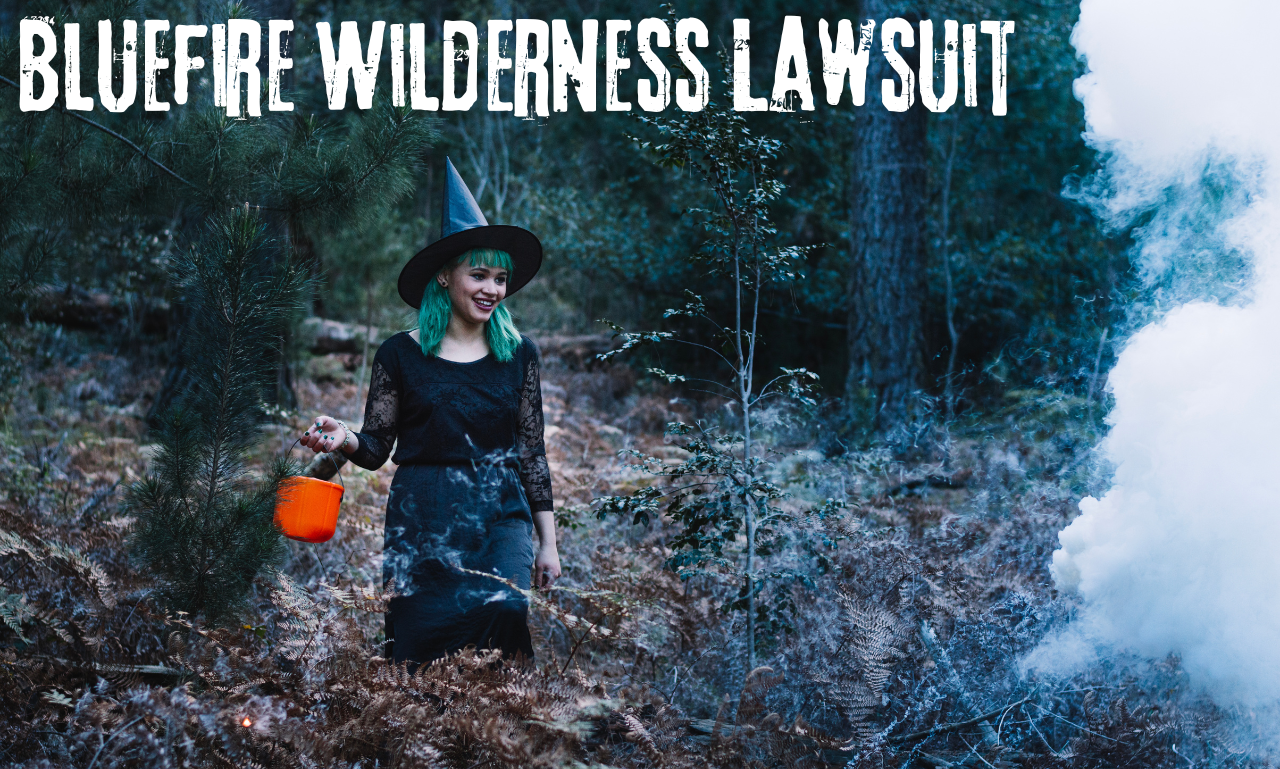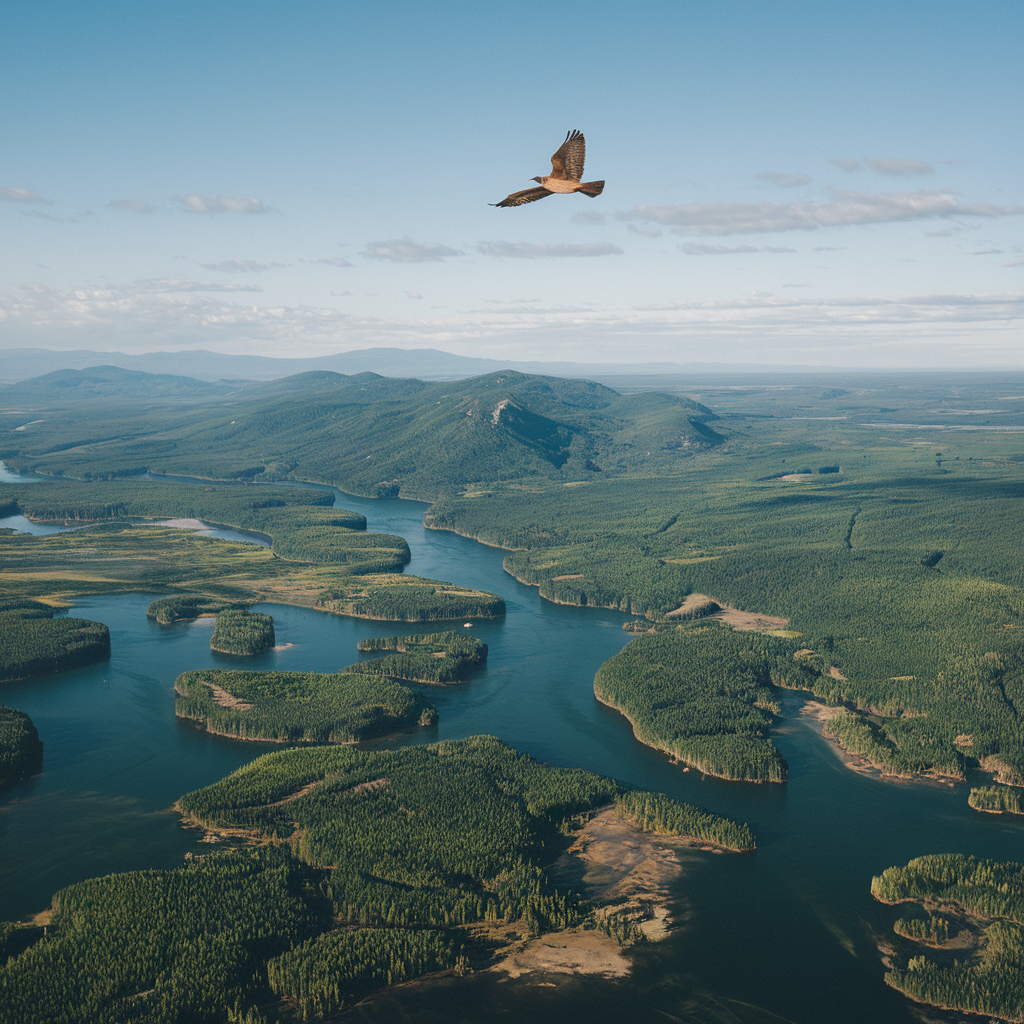The revealing journey into the heart of the Bluefire Wilderness lawsuit. Step into a world where controversy meets transparency, as we delve deep into the unfolding story that has captivated the wilderness therapy industry. Join us as we unpack the layers of accusations and responses, shedding light on this pivotal moment in Bluefire Wilderness’s history. Get ready to explore beyond the headlines and uncover valuable insights that could reshape perspectives on mental health treatment.
Background on the Accusations and Allegations
The accusations and allegations surrounding the Bluefire Wilderness lawsuit have stirred up significant attention and debate within the mental health community. The lawsuit alleges misconduct related to the treatment of participants at Bluefire Wilderness, raising concerns about their practices and protocols.
Specific accusations include claims of negligence, emotional abuse, and lack of proper supervision during wilderness therapy sessions. These allegations have prompted a closer examination of how wilderness therapy programs operate and whether they are adequately equipped to support vulnerable individuals in need.
As details emerge about the specific incidents that led to these accusations, there is a growing call for transparency and accountability within the industry. It has sparked discussions about ethical standards, staff training, and overall safety measures that should be in place to ensure the well-being of participants in such programs.
Response from Bluefire Wilderness and Their Perspective
Bluefire Wilderness responded to the lawsuit with a statement emphasizing their commitment to providing safe and effective therapy for struggling teens. They expressed regret for any distress caused by the allegations and pledged transparency in addressing concerns.
The perspective from Bluefire Wilderness highlighted their dedication to upholding industry standards and ensuring the well-being of participants. They emphasized the importance of continuous improvement and accountability in their programs.
In light of the accusations, Bluefire Wilderness reiterated their focus on comprehensive assessments, personalized treatment plans, and professional staff training. They emphasized fostering a supportive environment where clients can grow and heal.
Moving forward, Bluefire Wilderness aims to strengthen communication with families, enhance supervision protocols, and reinforce ethical practices across all aspects of their wilderness therapy program. Their response reflects a commitment to integrity, growth, and ongoing efforts to meet evolving challenges in mental health care.
Impact on the Wilderness Therapy Industry
The Bluefire Wilderness lawsuit has sent ripples through the wilderness therapy industry, sparking conversations and reflections on ethical practices and accountability. The allegations have raised concerns about the safety and well-being of participants in these programs, leading to a heightened focus on regulations and oversight within the field.
As other wilderness therapy programs observe the fallout from this lawsuit, there is a growing awareness of the need for transparency and stringent protocols to ensure the highest standards of care. Providers are reevaluating their approaches, emphasizing client safety, staff training, and program effectiveness more than ever before.
This scrutiny may ultimately lead to positive changes within the industry as a whole. By addressing shortcomings highlighted by this controversy, wilderness therapy programs can strive towards enhanced quality assurance measures that prioritize client welfare above all else.
Lessons Learned and Changes Implemented by Bluefire Wilderness
Lessons Learned and Changes Implemented by Bluefire Wilderness:
Bluefire Wilderness has taken the recent lawsuit as a valuable learning opportunity. They have reevaluated their practices and procedures to ensure the highest standards of care for their participants. One major change implemented is an increased focus on transparency and communication with families throughout the therapy process.
Additionally, Bluefire Wilderness has enhanced their staff training programs to further emphasize safety protocols and effective therapeutic interventions. By investing in ongoing education and professional development for their team members, they aim to continuously improve the quality of care provided to adolescents in need.
Furthermore, Bluefire Wilderness has strengthened their internal monitoring systems to proactively identify any potential issues before they escalate. This proactive approach demonstrates their commitment to maintaining a safe and supportive environment for all participants.
Bluefire Wilderness remains dedicated to evolving and adapting in response to challenges. Their willingness to learn from past experiences sets them apart as a leader in the wilderness therapy industry.
Reflections and Opinions from Experts in the Field of Mental Health
Venturing into the realm of mental health experts’ perspectives provides a deep dive into the complexities surrounding the Bluefire Wilderness lawsuit. These professionals bring a wealth of knowledge and experience to dissect the implications on therapeutic practices in wilderness programs.
Their insights shed light on the importance of transparency, ethical standards, and client safety within such interventions. By examining this case through their lens, we gain a broader understanding of how industry regulations can shape the future landscape of wilderness therapy.
Experts emphasize accountability at every level – from program administrators to field staff – as essential for maintaining trust and integrity within these vulnerable settings. Their reflections prompt critical discourse on best practices, continuous improvement, and prioritizing clients’ well-being above all else.
Through their varied viewpoints and informed opinions, mental health experts challenge us to reevaluate existing paradigms, foster innovation in treatment modalities, and uphold rigorous standards in ethical conduct within wilderness therapy programs.
Conclusion
The Bluefire Wilderness lawsuit has shed light on the complexities and challenges within the wilderness therapy industry. It serves as a reminder of the importance of transparency, accountability, and ethical practices in providing mental health support to vulnerable individuals.
While the allegations raised concerns and sparked debate, it also prompted Bluefire Wilderness to reevaluate its protocols and make necessary changes to ensure the safety and well-being of their clients. This case highlights the ongoing need for continuous improvement and monitoring in therapeutic settings.
As experts continue to reflect on this controversy, lessons can be learned by providers across the industry. By prioritizing client care, adhering to best practices, and maintaining open communication with families, wilderness therapy programs can strive towards creating a safer and more effective environment for those seeking healing.
Navigating through challenges such as these can lead to growth, increased awareness, improved standards of care, and ultimately better outcomes for individuals in need of mental health support. The journey towards healing is ongoing – may this case serve as a catalyst for positive change within the wilderness therapy landscape.





